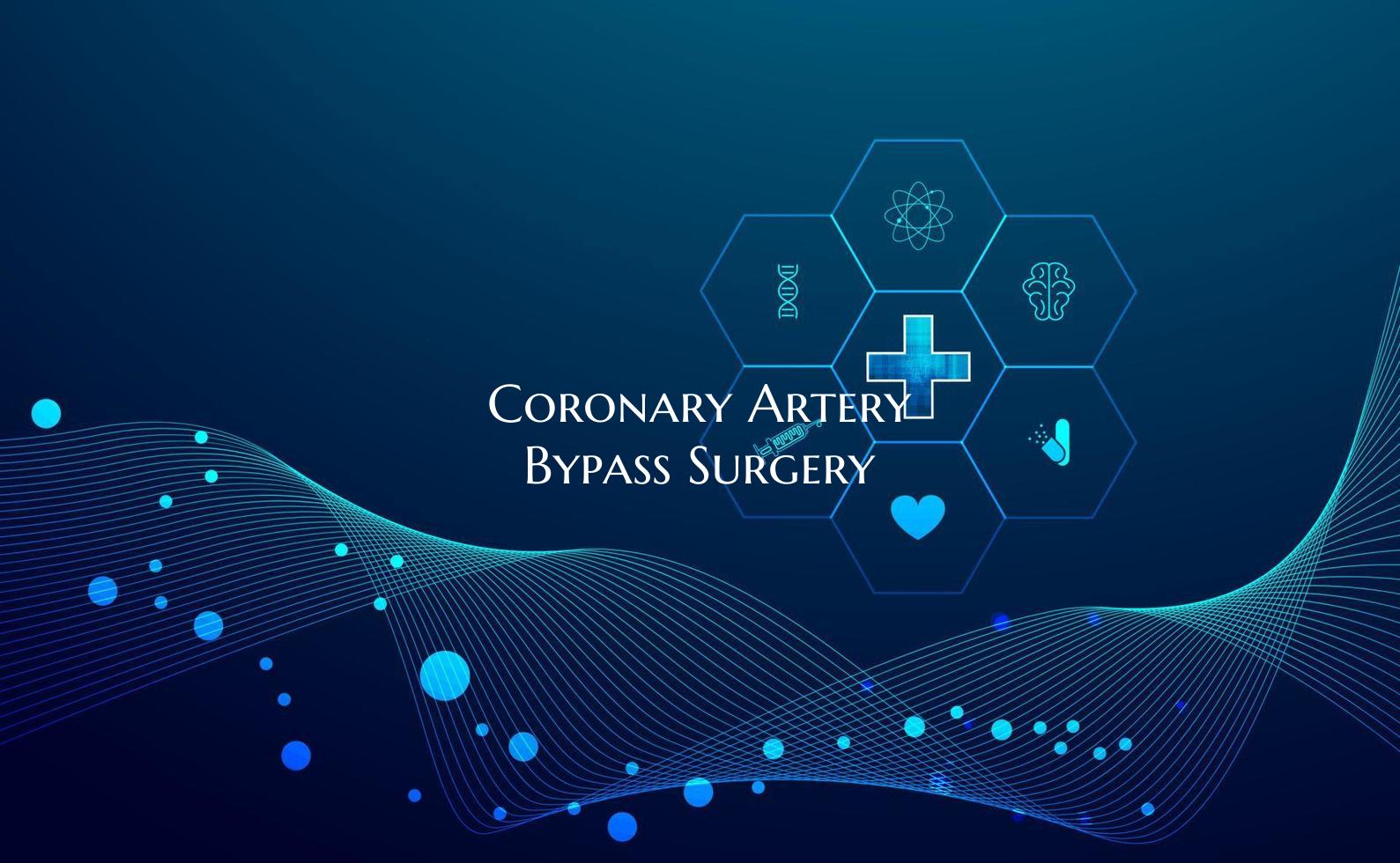
Coronary Artery Bypass Surgery
Coronary Artery Bypass Surgery: A Life-Saving Procedure
Coronary artery bypass surgery, also known as bypass surgery or heart bypass surgery, is a commonly performed procedure that helps restore normal blood flow to the heart muscle. This surgical intervention is often recommended for patients with severe coronary artery disease, a condition where the blood vessels that supply the heart with oxygen and nutrients become narrow or blocked.
During coronary artery bypass surgery, a skilled surgical team creates new pathways for blood to flow around the blocked or narrowed coronary arteries. This is typically achieved by using a healthy blood vessel, often harvested from the patient's own leg or chest, to bypass the damaged portion of the artery. By creating a detour, the surgery helps improve blood flow to the heart, reducing symptoms such as chest pain (angina) and decreasing the risk of a heart attack.
Patients who undergo coronary artery bypass surgery can experience significant improvements in their quality of life. Many find relief from symptoms such as chest pain, shortness of breath, and fatigue, allowing them to participate in activities they may have previously found challenging. The surgery can also reduce the risk of future heart-related complications and improve overall heart function.
While coronary artery bypass surgery is a major procedure that requires careful consideration, advancements in surgical techniques and technology have made it a safe and effective treatment option for many patients. However, like any surgical intervention, there are risks involved, and patients should discuss the potential benefits and complications with their healthcare provider.
Post-surgery, patients are typically monitored closely in the hospital to ensure proper healing and recovery. Rehabilitation programs may be recommended to help patients regain strength and improve their cardiovascular health. Following a healthy lifestyle, including regular exercise, a balanced diet, and medication as prescribed, can further support long-term recovery and reduce the risk of future heart problems.
In conclusion, coronary artery bypass surgery is a life-saving procedure that can provide relief and improve outcomes for patients with severe coronary artery disease. By restoring proper blood flow to the heart, this surgery plays a vital role in enhancing quality of life and reducing the risk of heart-related complications. Patients considering coronary artery bypass surgery should consult with their healthcare team to determine the best treatment approach for their individual needs.